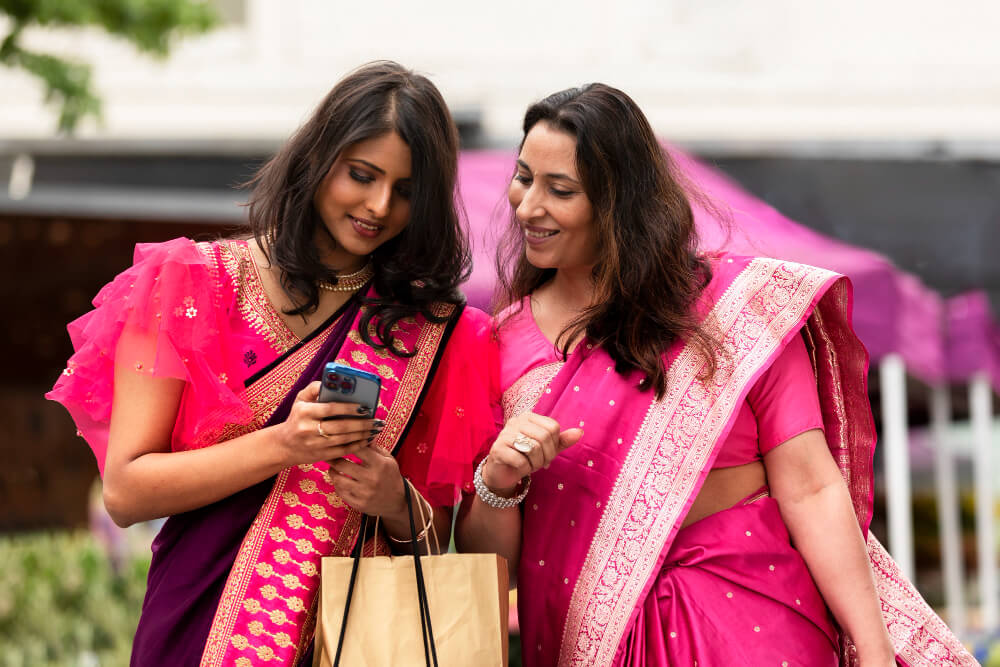-
Understanding Sustainable Fashion: Define sustainable fashion and discuss its importance in reducing the environmental impact of the fashion industry, from reducing waste to promoting ethical labor practices.
-
Quality Over Quantity: Emphasize the importance of investing in high-quality, timeless pieces that are durable and long-lasting, reducing the need for frequent replacements and minimizing waste.
-
Ethical Brands and Materials: Highlight the significance of supporting brands that prioritize sustainability and ethical practices, whether it's through using organic and recycled materials or promoting fair labor standards.
-
Secondhand and Vintage Shopping: Explore the benefits of shopping secondhand and vintage, from reducing textile waste to discovering unique and one-of-a-kind pieces that add character to your wardrobe.
-
Capsule Wardrobe Approach: Discuss the concept of a capsule wardrobe and how it encourages mindful consumption by focusing on versatile and essential pieces that can be mixed and matched to create various outfits.
-
Upcycling and Clothing Repair: Encourage readers to embrace upcycling and clothing repair as ways to extend the lifespan of their garments, whether it's through DIY projects or seeking professional alterations.
-
Minimalism and Decluttering: Explore the connection between minimalism and sustainable fashion, emphasizing the importance of decluttering and only keeping items that are truly loved and worn regularly.
-
Renting and Clothing Swaps: Discuss the rising popularity of clothing rental services and clothing swaps as sustainable alternatives to traditional shopping, allowing individuals to enjoy new styles without contributing to textile waste.
-
Educating Yourself: Encourage readers to educate themselves about sustainable fashion practices and to ask questions about the environmental and social impact of the brands they support.
-
Being Mindful Consumers: Conclude by stressing the importance of being mindful consumers and making conscious choices that align with their values, whether it's supporting sustainable brands or adopting eco-friendly habits in their daily lives.

